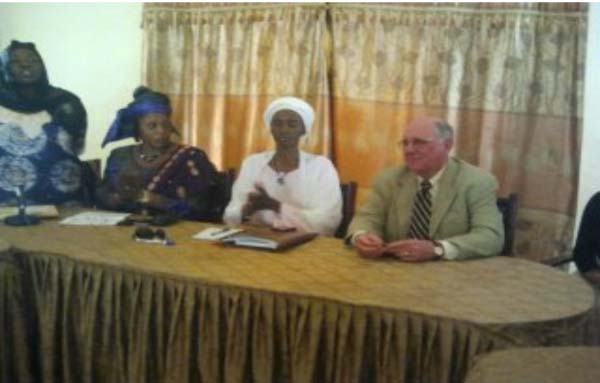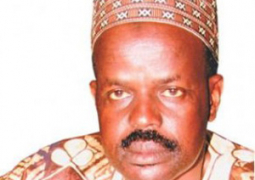
The training, which brought together ten women ward councilors, prepared them to serve as the community paralegals to settle dispute in the local communities.
The training was among several efforts FLAG has been making to empower women to take charge of their own destiny.
Speaking at the closing of the training, FLAG president Neneh Cham said she was delighted to witness another successful implementation of one of their activities as the training of women community leaders introducing them to the roles and functions of paralegal to enable them give immediate and urgent basic legal advice and directions to women and children who come to them seeking advice when they have problems.
Madam Cham said the rationale behind the training was that FLAG wanted to make everything possible for women and children in The Gambia.
The topics discussed in the training were the role and function of paralegal, the law and society, children and the law, women human right protections, family law, gender-based violence, land right, law and administration of justice and alternative district resolution.
She thanked the US Embassy through their human rights support, and together with their fund FLAG was able to do much of the work in the lives of women and children.
The US Embassy Charge D’ Affair, Richard Yonoeka, said he was amazed to see such a dedicated group of women pursuing careers as paralegals and community advisors.
He said the embassy was truly excited about the work FLAG was doing in the country and they would also be proud to support programmes and opportunities like the just concluded workshop, which has empowered 10 women in West Coast Region to help their communities.
He added that the workshop was supported by the US Embassy democracy and human rights funds, which protects political and religious freedom; the international human rights of women, person with disabilities and vulnerable minorities.
In her closing remarks, the Governor of West Coast Region, Ajaratou Siffai Hydara, said community paralegals are very important tools in disseminating information and supporting government to educate and train local women to be aware of their legal rights, especially in rural communities where paralegal acts are very important resource for people without regular legal support.
She also added that the Government of The Gambia had made it top strategic objective with the aim of providing the public with affordable and speedy justice.
She said the law is quite complex and paralegals must be equipped with analytical skills and trained to recognize and evaluate the relevant facts and legal concepts, as well as have the ability to negotiate and communicate with many types of personalities.
Governor Hydara further said community-based paralegals use their knowledge of formal justice system, alternative means of resolution such as mediation, and community-education practices to help the poor and marginalised resolve their justice problems.
At the end of the training, participants were awarded with certificates to qualify them for the service.


